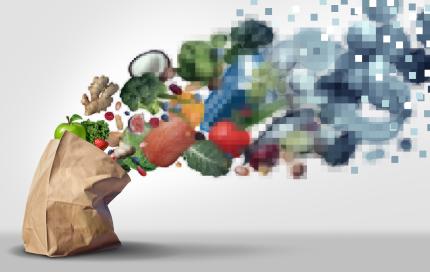Validation trajectory FYSTEM
In this section, the broad applicability of non-destructive techniques (low resolution NMR) for determining the physical structure of concentrated food emulsions (such as minarines, dressings, recombined cream) was studied.










